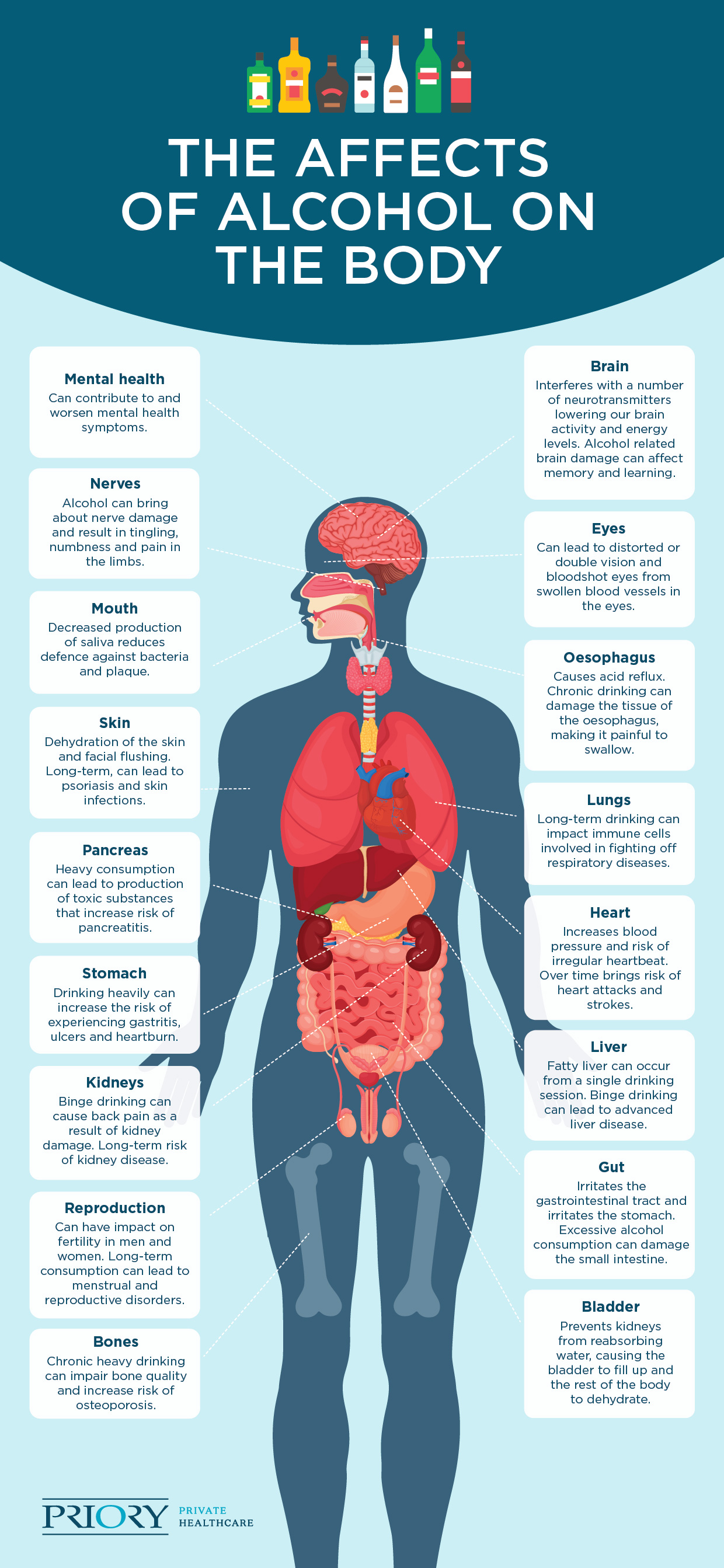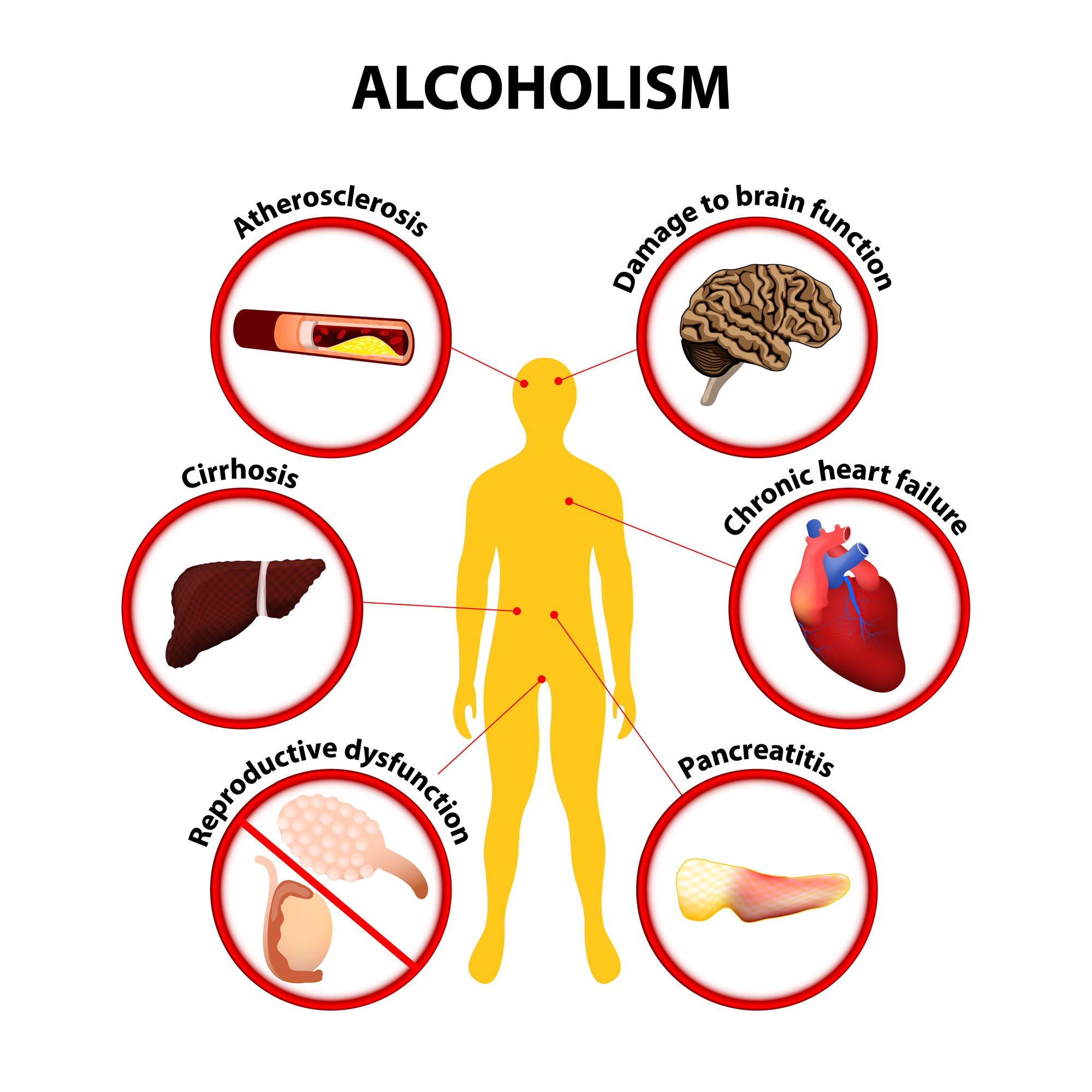Are they synonym or have specific difference? This ai-generated answer is powered by openai. Anyway a radical relativism poses a serious problem: Ai-generated content may sometimes contain inaccurate, incomplete, or biased information, so make sure you do additional research. Then what is the difference? But still im confused about the exact meaning. For example, john vervaeke argues truth as value using the following argument (to paraphrase): There are other ways true statements can be used in deception, like omitting crucial information or using language ambiguity, but to me it feels that the meaning of true statement and lie statement would not apply for that. Truth is what the singer gives to the listener when she’s brave enough to open up and sing from her heart. · therefore it seems reasonable to me to claim that the only truth people are capable of knowing is the truth that they assume to be true in their reasoning. This condition is satisfied when utterance matches (fits, corresponds to. ) what is ( the case, the world, states of affairs, et cetera. · truth can be used in different contexts. But still curious about the difference between both of them. If every truth is … · it is commonly agreed that there is a clear distinction between fact and opinion. · truth is a condition of statements (utterances, propositions, sentences, and such - see chapter 9 of john r. Opinion varies and may be based on faith. 一、 ground truth 的示例 千言万语描述一个概念,不如给几个例子来得清晰。下面是几个经典任务中的 ground truth。 1、 图像分类 图像分类是机器学习领域中的一个 … Truth , falsehood are pretty axiomatic expressions, but even axioms need to be defined in common language terms. In our daily life, in general conversation, we generally use these both terms interchangeably. All truths are relative, and this is the only absolute principle. Truth is a property of … · in general i notice that a lot of western philosophy emphasizes truth as a value. Contingent truths are those truths that … Creating an answer for you using ai. Physical facts can be verified. · 4 whether truth can exist without language and that truth is an objective reality that exists independently of us are not opposed claims, although they dont imply one another. · in summary truth emerges only after more thorough philosophy is gained, from east to west everyone has their own intuitive idiosyncratic notion of truth , thus its nature is highly dependent on ones entire metaphysical or epistemic system. I was searching on the internet if i could find it. Searles the construction of social reality). Also all the deduced truths from such true assumptions would be counted as such truths. “would you want. But what about opinions which, over time, Im curious about the difference between fact and truth. Wrote august comte. · relativism is the doctrine that knowledge, truth , and morality exist in relation to culture, society, or historical context, and are not absolute. You should not rely on this feature for medical, financial, or legal advice. The main contexts are objective truths, & contingent truths. A platonist would tell you that language, like other mental objects, exists in the ideal realm whether people are around to think about it or not. · so now bobby says the opposite of their beliefs (a lie), but at the same time says an objective truth. What are the official definitions of these in informal logic, formal logic, sy. Perspectivism is the theory that knowledge of a subject is inevitably partial and limited by the individual perspective from which it is viewed. In philosophy, truth is more specific; · it looks like you are thinking of truth as a sort of ephemeral, unattached stuff.
The Truth About Alcohol: Unexpected Impacts On Your Body
Are they synonym or have specific difference? This ai-generated answer is powered by openai. Anyway a radical relativism poses a serious problem: Ai-generated content may...









